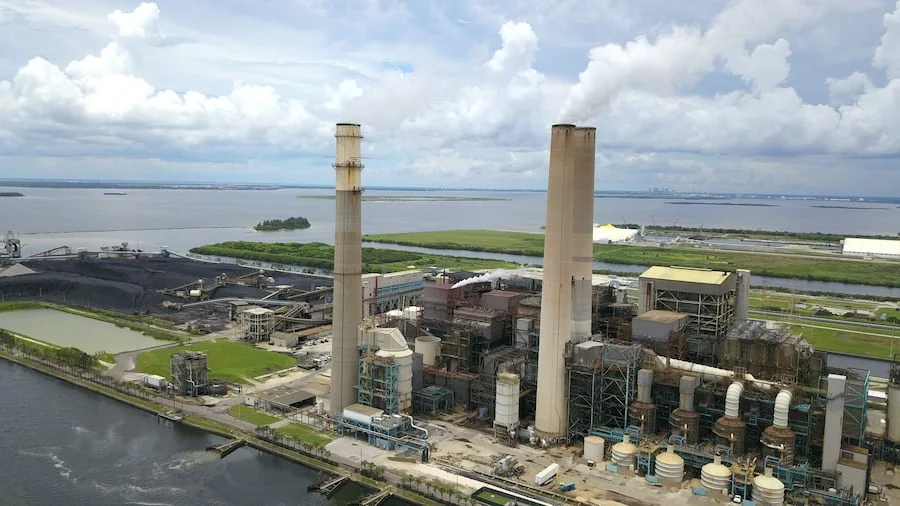
Trump’s EPA Rollbacks Impact Florida’s Environment
In a recent development that has stirred significant concern among environmentalists and residents of Florida, the Trump administration's Environmental Protection Agency (EPA) has rolled back several key regulations. These changes, aimed at easing restrictions on power plants, electric vehicles (EVs), and wetlands, are poised to have a profound impact on Florida's environmental landscape.
The rollback of EPA regulations includes modifications to the Clean Power Plan, which had set stringent emission standards for power plants across the nation. In Florida, where power generation is a major contributor to air pollution, these changes could lead to increased emissions of harmful pollutants, exacerbating issues like smog and respiratory health problems.
Another significant change affects the standards for electric vehicles. The Trump administration's decision to relax emission standards for EVs could slow down the state's transition to cleaner transportation alternatives. This is particularly concerning for Florida, a state that has been actively promoting EV adoption as part of its strategy to combat climate change.
Perhaps the most controversial rollback involves the redefinition of wetlands. The new rules narrow the definition of protected wetlands, potentially allowing for increased development in areas that were previously safeguarded. In Florida, where wetlands play a crucial role in flood control and water purification, this change could lead to severe ecological degradation and increased vulnerability to natural disasters.
Environmental groups and local communities are rallying against these rollbacks, arguing that they prioritize short-term economic gains over long-term environmental sustainability. As Florida grapples with the implications of these policy changes, the debate over the balance between economic development and environmental protection continues to intensify.